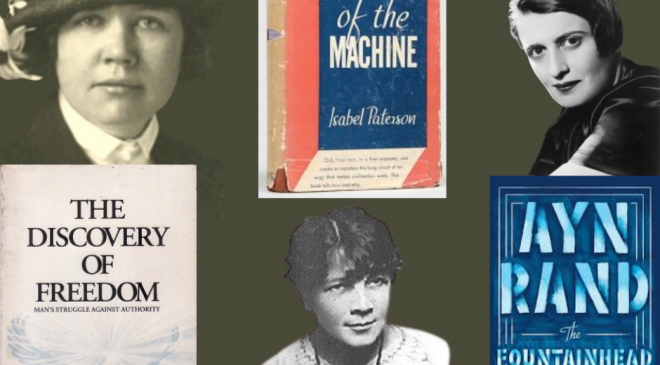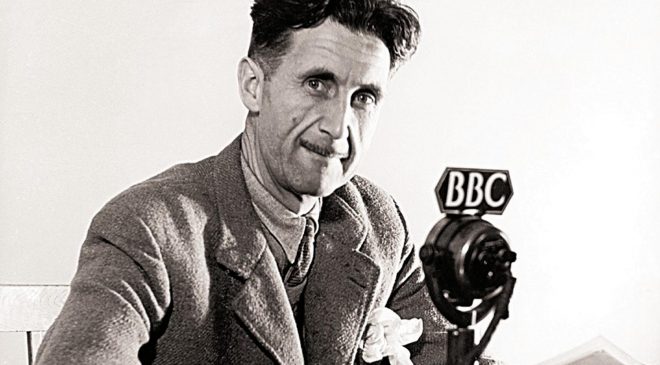Nobody asked but …
My Kentucky Wildcat basketball team lost in a close contest to Michigan State last night. These are two of the teams considered most likely to play for the National Championship in the early Spring of 2014. So a statist may have observed my tirade against collectives and responded with, “you are a fanboy of a team (collective) sport. With 8 National Championships at the University of Kentucky, surely you see that great things can be accomplished by teams?” To which I respond, “don’t call me Shirley!” But here’s the real deal. Basketball is played by teams because that is an imposed obstacle to increase the unpredictability of the game. Would you pay $40 to watch one player, even LeBron James, shoot baskets? Would you even sit still to watch LeBron James play every other NBA player one-on-one to find out who is best? Games are played by teams because it adds complexity and degree of difficulty, and interest. To be sure, a given team may be able to perform as a team better than any other team. In fact, the season long champion may play an all-star team, and with sufficient incentive, make the all-stars look like chopped liver. But my real point is that the specialization of skills on a basketball team is part of a centrally planned environment. The specialization of production that arises, in self-organization, in a free market, is achieved by voluntaryist individuals — individuals are free to choose or invent specialties amid an unlimited set of opportunities.
Kilgore



